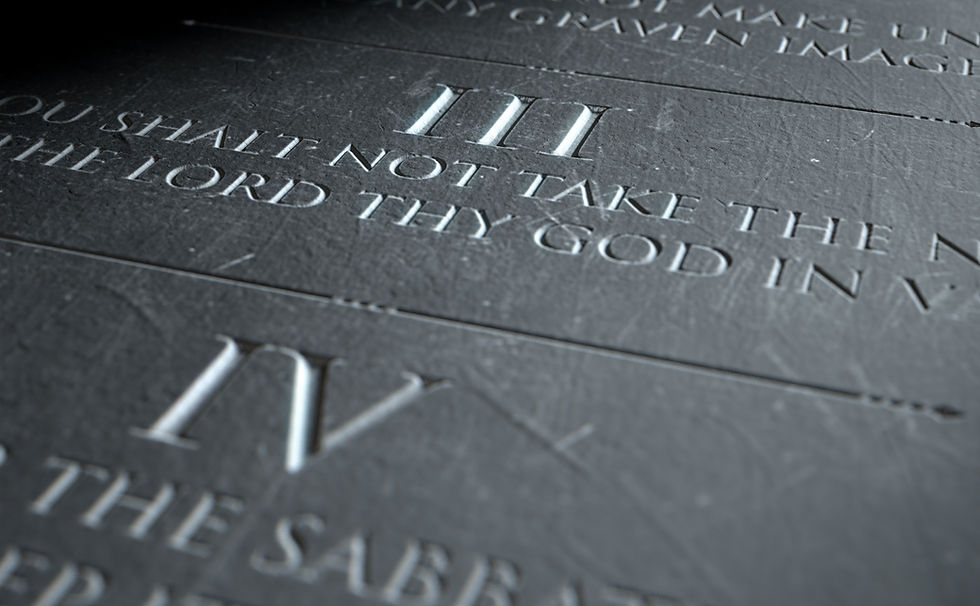North Texas Water District Highlights Concerns with Special Districts
- Russell Withers

- Feb 25, 2020
- 3 min read
The Texas Conservative Coalition Research Institute has long held the position that the proliferation of special purpose districts poses a serious threat of excessive and overlapping levels government. This is particularly true with respect to taxation. While arguments can be made for the taxing power of cities, counties, school districts, special purpose districts often overlap where local governments and taxing entities already exist. Indeed, it is worth recognizing that Texas now has more than 2,200 special purpose districts levying property taxes or sales taxes, compared to 1,158 such district in 1992. The increase of roughly 90% has far outpaced Texas’s immense population growth.

But taxation is not the only concern when special purpose districts are involved. These governments have immense power that can be abused or exercised in a way that may not be in the best interests of the people the district serves. Take, for example, the ongoing controversy involving the North Texas Municipal Water District (the “District”), which supplies water to 13 north Texas cities.
The District is currently involved in a case pending before the Public Utility Commission and is the subject of recent findings by the the State Office of Administrative Hearings (SOAH) that highlight a laundry list of abuses. The SOAH court found in March 2019 that the District “abuses its monopoly power by using its disparate bargaining power over” its member cities on several grounds, including the fact that the member cities “had no practical alternative for water service at the time the contract was executed” back in 1988. Now they’re stuck in a contract that gives the District “the unilateral right to adjust . . . rates, which have risen dramatically in the last decade and are likely to continue increasing.”
To make matters worse, the SOAH court found that the contract “is essentially interminable” and can be made to last in perpetuity through periodic new bond issuances by the District. The contract “cannot be amended without the unanimous written consent of all parties,” which means the District has veto power over all proposed amendments.”
The violations and egregious activity found by SOAH are too numerous to list here in totality, but it bears mentioning that the District’s policies have been decidedly anti-water conservation for several of its member cities. The District’s contract with these cities is based on the historical maximum usage in any previous year, which means it does not take into account any of the modern-day water conservation practices that have become common. As a result, the cities of Richardson, Mesquite, Plano, and Garland have been forced to buy billions of gallons of water that they never received or needed to use, and it collectively cost them an estimated $230 million. These costs, of course, are passed on to water customers in those cities.
The District is but one example, but it is an eye-opening one. The proceeding is now back before the PUC and awaiting a decision on the path forward. The Petitioner cities have asked PUC to take a closer look at the District’s rates in a rate hearing, which sounds like a pretty good start at least with respect to this one particular district.
While special purpose districts typically provide valuable services, they are so numerous that their activities can escape scrutiny. That’s why TCCRI has made several recommendations over the years to shed more light on them and to make them more difficult to create in the first place. For example, TCCRI has recommended in the past that the creation of such districts require a two-thirds majority in the legislature approval in a local election where a certain threshold of voters who will be served by the district participate and vote. And in terms of additional scrutiny, it seems appropriate for the PUC to step in where, for example, SOAH has issued a ruling detailing behavior that, at best, does not appropriately serve a particular district’s constituencies.










